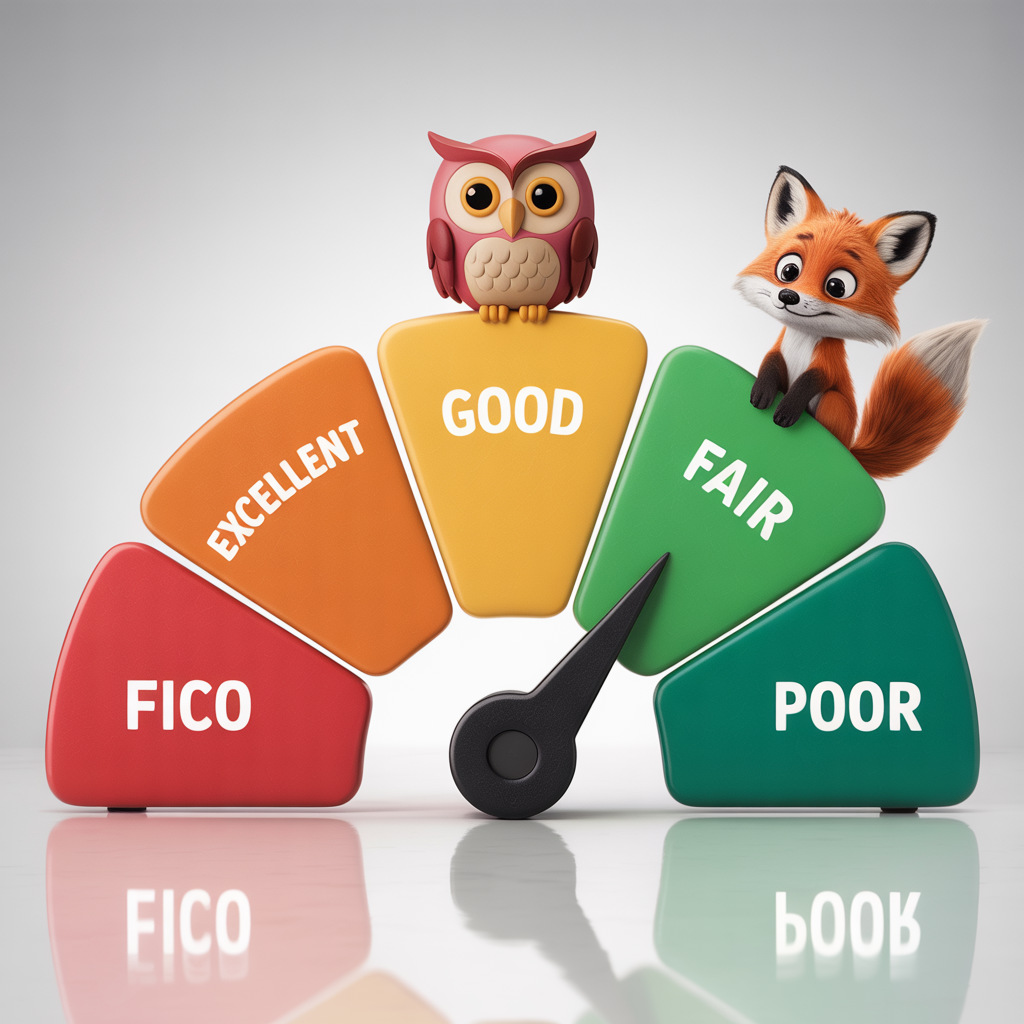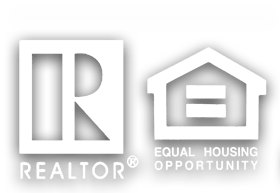Condominium and PUD Ownership

Builders, in an effort to combat the dual problem of an increasing population and a declining availability of prime land, are increasingly turning to common interest developments (CIDs) as a means to maximize land use and offer homebuyers convenient, affordable housing.

The two most common forms of common interest developments in many states are Condominiums and Planned Unit Developments, often referred to as PUDs. The essential characteristics shared by these two forms of ownership are:
- Common ownership of private residential property
- Mandatory membership of all owners in an association which controls use of the common property
- Governing documents which establish the procedures for governing the association, the rules which the owners must follow in the use of their individual lots or units as well as the common properties
- A means by which owners are assessed to finance the operation of the association and maintenance of the common properties
Before continuing further, it may be helpful to clarify a common misconception about Condominiums and PUDs. The terms Condominium and PUD refer to types of interests in land, not to physical styles of dwellings. Therefore, when homebuyers say that they are buying a townhouse, it is not the same as saying that they are buying a condominium. When homebuyers say that they are buying a unit in a PUD, they are not necessarily buying a single-family detached home. A townhouse might legally be a condominium, a unit or lot in a Planned Unit Development, or a single-family detached residence. The terms Condominium or PUD will say a great deal about the ownership rights the buyer will receive in the unit and the interest they will acquire in the common properties or common areas of the development.
Common interest developments offer many advantages to homebuyers, such as low maintenance and access to attractive amenities. However, there are restrictions and duties which come with ownership of a Condominium or PUD that buyers should be aware of prior to purchase.
To acquaint you with various aspects of ownership in common interest developments, the Land Title Association has answered some of the questions most commonly asked about Condominiums and PUDs.
What are the basic differences between ownership of a Condominium and ownership of a PUD?
The owner(s) of a unit within a typical Condominium project owns 100% of the unit, as defined by a recorded Condominium Plan. As well, they will own a fractional or percentage interest in all common areas of the Condominium project.
The owner(s) of a lot within a PUD owns the lot which has been conveyed to them-as shown in the recorded Tract Map or Parcel Map-and the structure and improvements thereon. In addition, they receive rights and easements to use in common areas owned by another-frequently a Homeowner’s association-of which the individual lot owners are members.
The above are basic descriptions and should not be considered legal definitions.
Besides ownership of my unit, what other amenities (common areas) will I be acquiring use of and how will I own them?
Common interest areas may span the spectrum from the ordinary-buildings, roadways, walkways and utility rooms-to the extravagant-equestrian trails and golf courses-with more usual amenities including community swimming pools and clubhouse facilities.
Your ownership rights in common areas will be spelled out in your project’s Declaration of Covenants, Conditions and Restrictions (CC and R’s). The subject of CC and R’s will be expanded upon later in this brochure.
As we stated in the answer to the previous question, Condominium owners own a fractional or percentage interest in common with all other owners in the Condominium project, in all common areas. PUD owners receive rights and easements to use of common areas through their membership in a Homeowner’s association, which typically owns and controls the common areas. Some PUD projects, however, provide that the individual homeowners will own a fractional interest in the common areas. Again, in this case, a Homeowner’s association will have the right to regulate the use of the common areas and to assess for purposes of maintaining the common areas.
Check your CC and R’s and association Bylaws (basically, rules governing the management of the development) to insure that you understand your rights to use of your unit and common areas.
What services will my Homeowner’s assessments help to finance?
Your Homeowner’s assessments support not only the easily recognizable-building and swimming pool upkeep, landscape maintenance-but also the unseen-association management and legal fees and association insurance.
As well, reserves must be factored into your assessments, including reserves for replacement of such items as roadways and walkways. In the case of condominiums, where ownership is usually limited to airspace within the walls, floors and ceiling of the unit, reserves will frequently fund replacement of such items as roofs and plumbing.
Each member of the Homeowner’s association, upon purchasing their unit, must receive a pro forma operating budget from the association. Basically, this will be a financial statement of the income and obligations of the association, which must include an estimate of the life of the obligations covered under the assessments and how their replacement is being funded.
What happens if I fail to pay my Homeowner’s assessments?
Delinquency fees will be added onto the unpaid assessments.
Should your delinquency continue, the association has the right to place a lien upon your property. The lien may lead to a foreclosure if the delinquency is not paid.
Of what importance are CC and R’s and Bylaws?
CC and R’s and Bylaws are the rules and regulations of the community, meant to guide the use of individual properties and common areas. Buyers should be aware that CC and R’s and Bylaws may be written so as to restrict not only property use, but also to restrict owners’ lifestyles, for instance, spelling out hours during which entertainment, such as parties, may be hosted.
CC and R’s and Bylaws are highly important and should be thoroughly examined and understood prior to purchase. They bind all owners and their successors to the rules and regulations of the community. Failure to follow those rules and regulations can be considered a breach of contract. Legal action may be taken against the homeowner for any such breach.
At what point in the real estate transaction will I be allowed to review a copy of my CC and R’s and Bylaws?
Legally, it is the responsibility of the owner to provide the prospective purchaser with the governing documents of the development (CC and R’s and Bylaws), the most recent financial statement of the Homeowner’s association and notice of any dues delinquent on the unit.
The law states that these items should be delivered as soon as practicable; however, the prospective buyer should request to see them as early as possible. If you do not fully understand what is stated in these documents, consult a real property attorney.
Should I object to items included in the CC and R’s and/or Bylaws, will I have the opportunity to terminate those items prior to taking ownership?
No. The process required to terminate these restrictions is often complex and costly. Termination of restrictions will require, at least, a majority vote by members of the Homeowner’s association, and may require litigation.
What if I have further questions regarding Condominium and PUD ownership?
Ask any questions you may have before you buy! Don’t wait to take ownership to find out about restrictions and regulations affecting your Homeownership rights.












